We know that birds are prone to many of the same health problems that can affect humans, including viruses and bacterial infections, and it also reaches parrot lice. Not only this, there are specific types of lice that have evolved to affect parrots.
Learn How to Deal With Parrot Lice to Keep Your Bird
Identification of Parrot Lice
Just because you see small bugs crawling on your bird does not automatically mean that your parrot has lice. Birds can be infested with mites or other types of ectoparasites.
In general, lice infestations appear as small, brown insects that can be seen traveling through a bird’s feathers. You may not even be able to see the lice with the naked eye.
In many cases, owners only notice excessive itching in their birds. In order to identify lice or any parasite with absolute certainty, it is important to make an appointment immediately with an avian vet if you notice any type of abnormal behavior or insects crawling on your bird.
Protecting Other Pets
If you live in a multi-bird house, it is extremely important for you to identify and treat any form of parasite infestation as soon as possible in order to reduce the risk of exposure to other birds.
If you notice external parasites on one of your pets, quickly isolate infected birds in a safe area away from your other feathered friends until you see a doctor right away.
Can bird lice live in human hair?
One of the most common questions that bird owners have about bird lice is whether or not the insects can be transmitted to human hosts. The good news is that parrot lice are only for birds, and will not infect human hair.
However, this does not mean that lice cannot harm members of the human family of the bird. Lice can carry a range of diseases in addition to the ability to cause painful and itchy bites to people.
For this reason, you may want to limit physical contact with an infected bird so that you can seek appropriate veterinary treatment for your pet.
Prevent Re-Proliferation
The first thing you should do is thoroughly clean the bird’s cage, making sure to scrub and disinfect all surfaces, nooks and crannies in the rails. Additionally, it may be necessary to contact a professional home pest control service to spray your home for lice and other parasites.
While this isn’t exactly a fun task, it’s better than dealing with frequent raids on your feathered friend.
Avoid ‘Over-The-Counter’ Treatments
Please don’t let the cost of effective treatment make your bird more sick by using inferior products, most pest control chemicals can be harmful or even fatal to birds, as are treatments labeled to remove human head lice infestations.
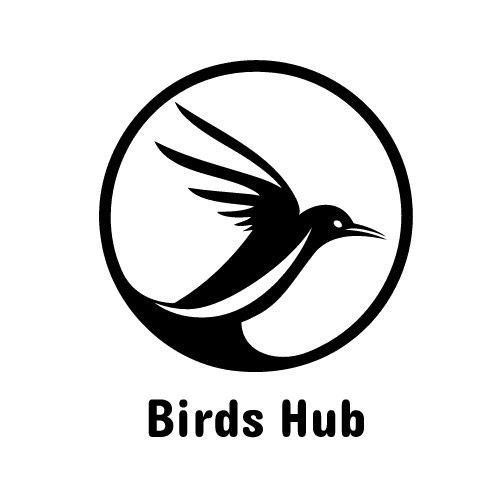
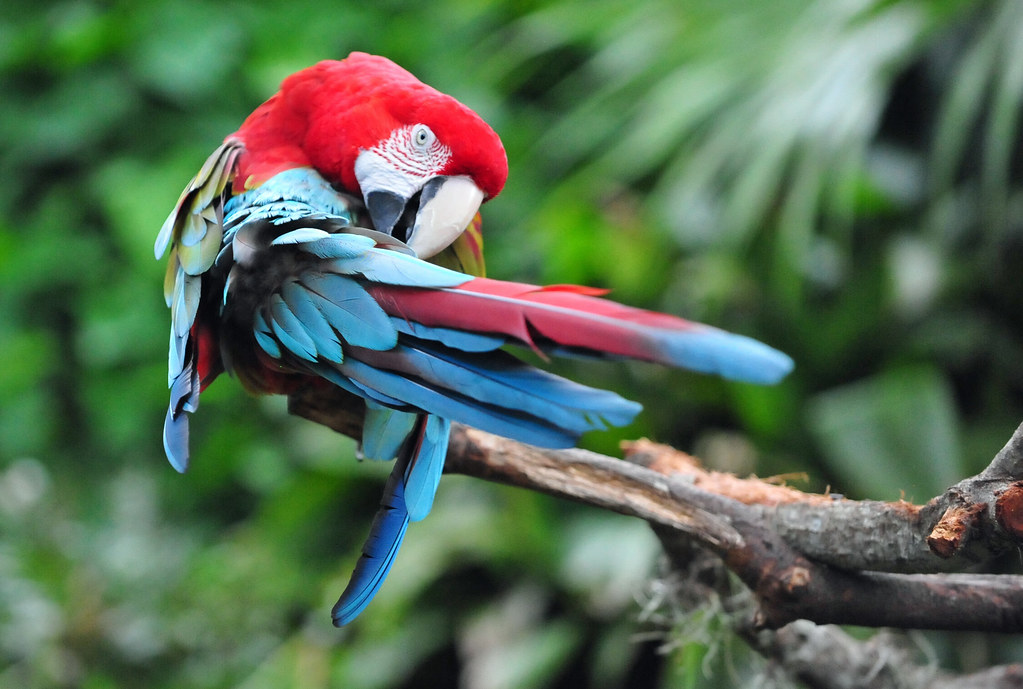
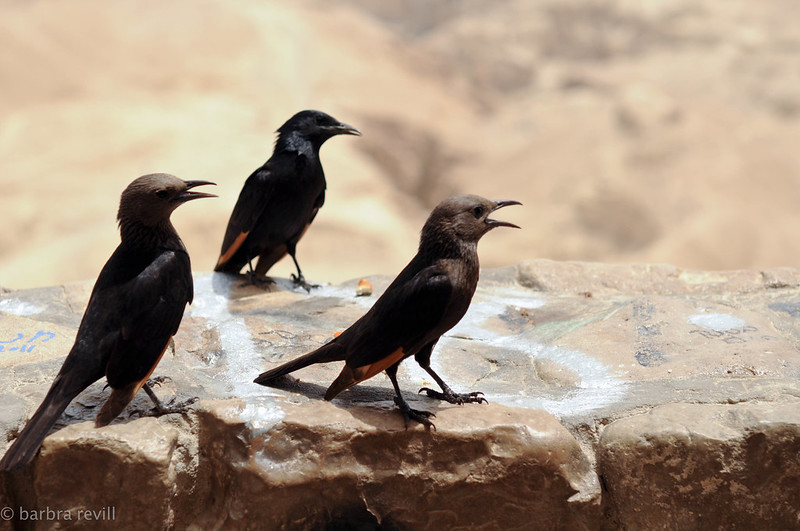
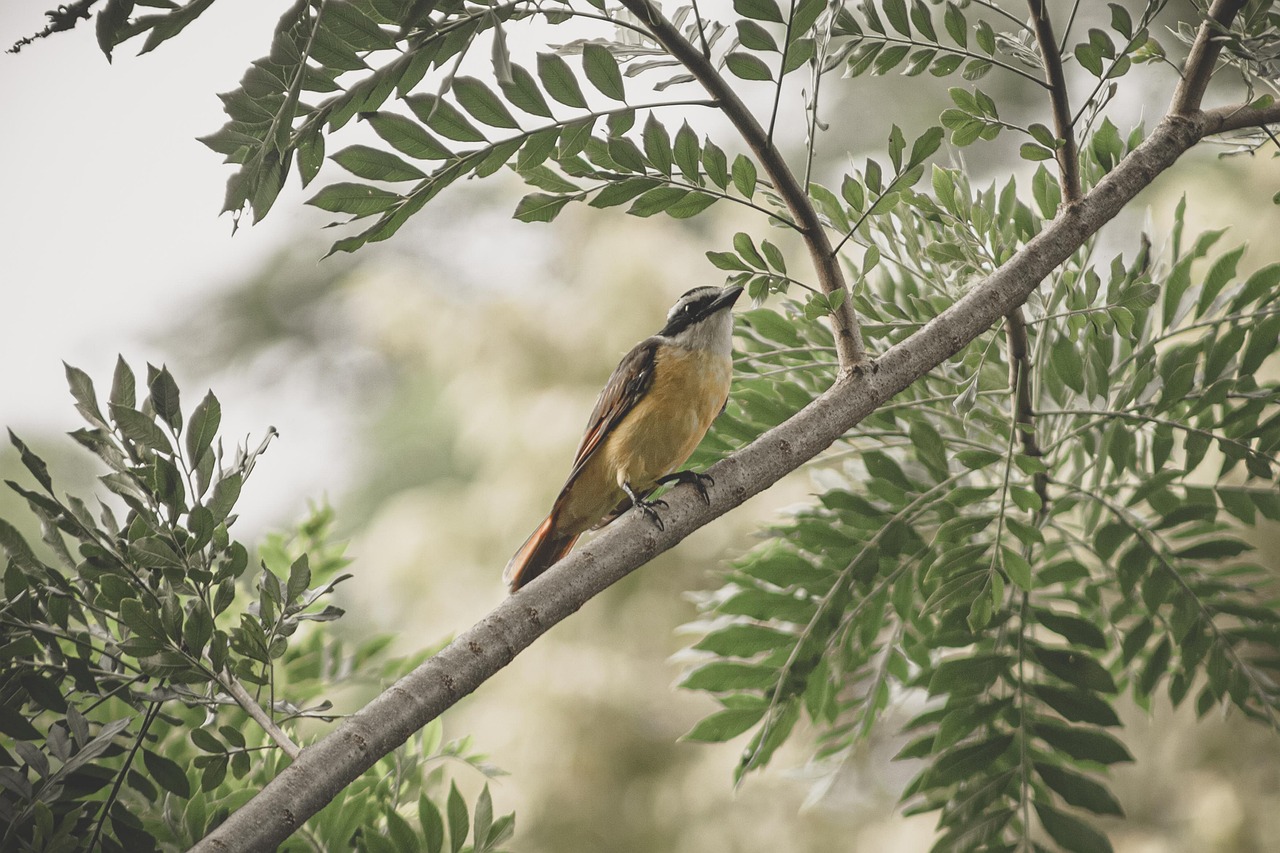
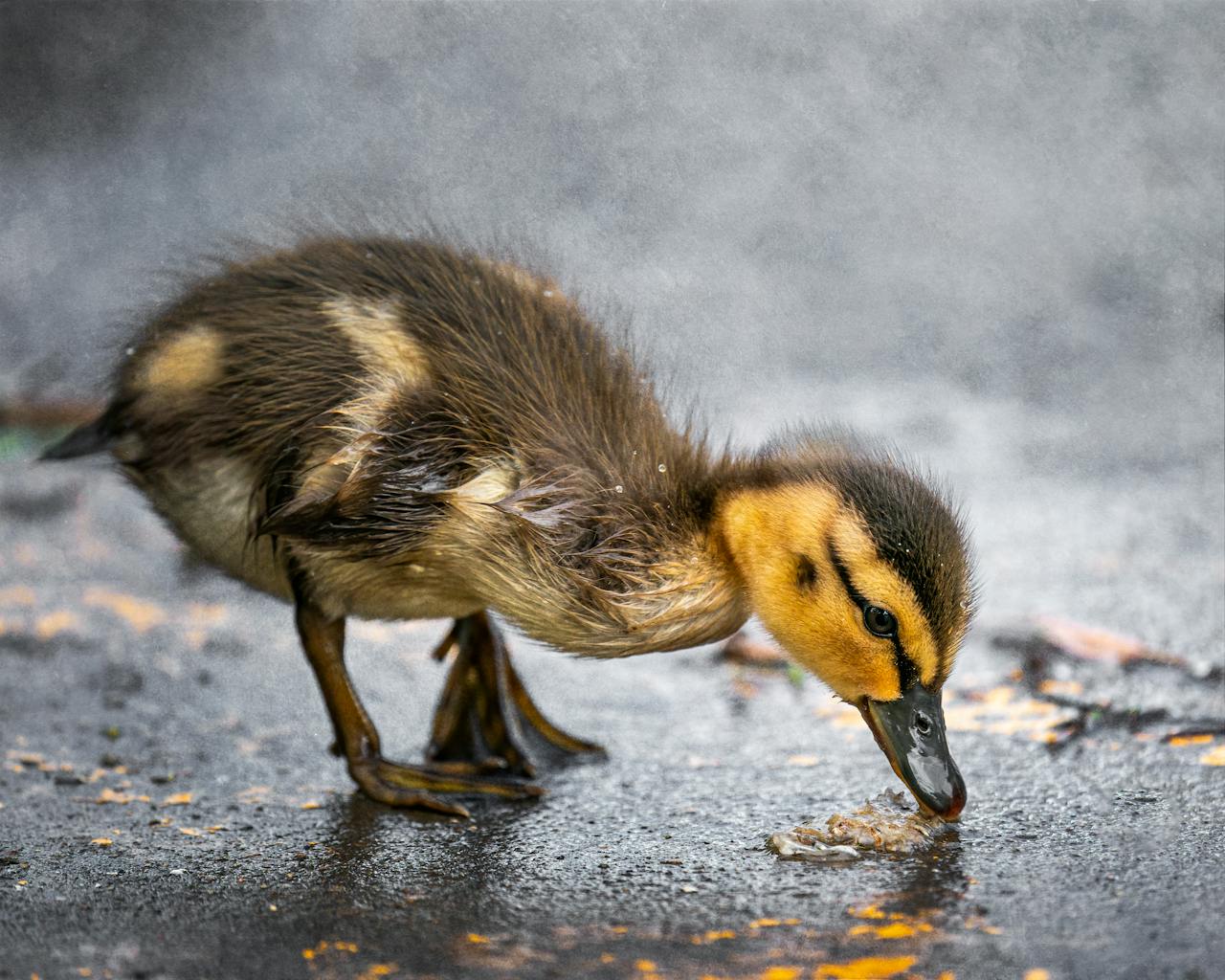
Leave a Reply